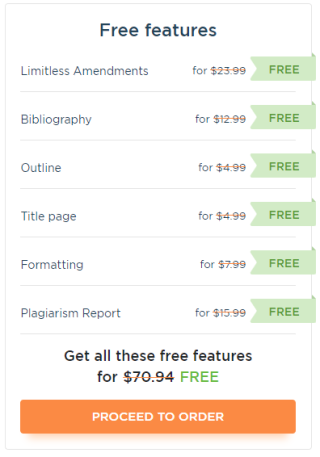In relation to the readings for any THREE weeks of the course syllabus, compose TWO QUESTIONS and then ANSWER THESE QUESTIONS in approximately 150-300 words each.
Your questions may both address the same reading, or a question may address more than one of the readings for the week. Your answers should demonstrate that you’ve closely read the piece(s) in question, understand the context of the issues discussed in the reading(s), and come to an understanding of what was important about them. If you would like to analyze a reading not included on the course syllabus, you must email me first for approval. Each of your three responses should be on no more than TWO PAGES of double-spaced 12 point Times New Roman with default margins.
EXAMPLE
If for example you were writing about (something I did not assign) the famous Muthesius and Van de Velde theses and counter-theses from the Congress of the Deutsche Werkbund at the 1914 Cologne Exhibition, a few questions and beginnings of answers might be the following: 1. What was the Werkbund, and what were Muthesius and Van de Velde proposing about its mission? The Werkbund was an organization of designers and industrialists founded in 1907 that included many of the most famous architects in Germany and Austria. They were trying to reform design in Germany to establish ideas of quality and… 2. What was the basis of the argument between Muthesius and Van de Velde? What was at stake? Muthesius argued that the basis of the Werkbund’s activities should be standardization, while Van de Velde countered that if the designers of the Werkbund were true artists, then they could never accept standardization. By “standardization,” Muthesius seems to mean… 3. What is the argument between Muthesius and Van de Velde in thesis/counterthesis number three? In thesis number three, Muthesius talks about achieving a “universal high level of taste.” Van de Velde counters that the members of the Werkbund should not impose their forms upon others as standards, but rather should only slowly try to build up a new style… Note how example 1 asks about the larger context around the reading, 2 asks about the general content of the reading itself, and 3 asks about a specific issue within the reading. Any of these scales is acceptable for the questions on the response.


